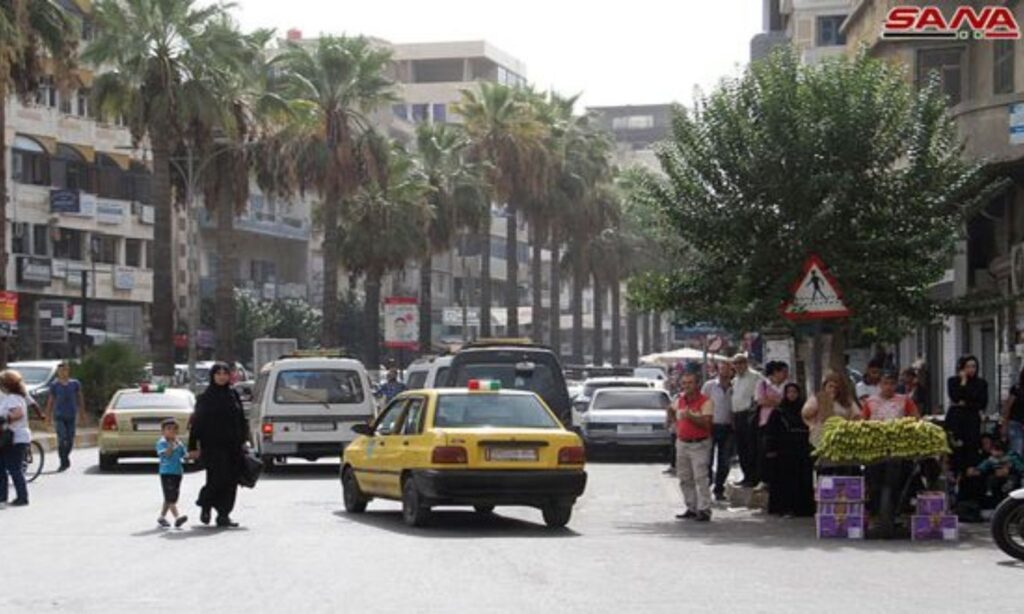The governorate of Tartus will begin to install GPS devices on taxi cabs within the coming days, after having completed the installation of the systems on public transportation buses and freight trucks.
The government newspaper Tishreen reported today, Saturday, February 17, from the executive office member responsible for the transportation sector, Asef Hassan, that there are 7000 taxi cars operating in the governorate, with more than 5000 having settled the device’s cost to date.
Hassan noted that the governorate has given the taxi drivers a deadline that started in April 2023 and will last until the end of June of the same year. They are required to settle payments for the GPS tracking devices and prepare the necessary data for the installation on all vehicles operating within the governorate.
He also clarified that the governorate has taken several measures against those who fail to pay, including sending a letter to the transportation directorate to withhold the renewal of the taxi cars until proof of payment for the device is produced. Another letter was sent to the traffic branch to withdraw the licenses from the defaulters and to return them after payment is made.
A letter was also sent to the al-Arida border crossing to grant defaulters only one week to settle their payments. If they show proof of payment within this window, they will be allowed passage. If the deadline expires without payment, the crossing will not be permitted. It is worth mentioning that there are 500 taxis operating on the route to Lebanon.
Each taxi will be supplied with fuel according to the distance they travel, irrespective of the route, since the aim is to regulate fuel consumption and ensure that there is no manipulation or trafficking of the substance. Hassan also indicated that the governorate has finished installing tracking devices for 3,700 minibusses operating on 460 routes, both internal and external.
Regulating vehicle movement
In September 2023, the regime government demanded that ministries and public bodies complete the installation of movement tracking (GPS) devices on their vehicles and equipment, specifically public transportation and service vehicles, by the 1st of October of the same year.
The government attributed this measure to the need to regulate the movement of the vehicles and their requirements for oil derivatives.
Additionally, the government decided to stop supplying public transportation vehicles between governorates and private sector freight vehicles not equipped with movement tracking devices with petroleum derivatives after the aforementioned date.
Since the year 2022, the regime’s government has moved towards obligating drivers, car owners, and transportation vehicles to install electronic tracking devices on their machinery to monitor petroleum consumption. However, this decision has adversely affected many drivers, prompting some to evade installing the devices.

